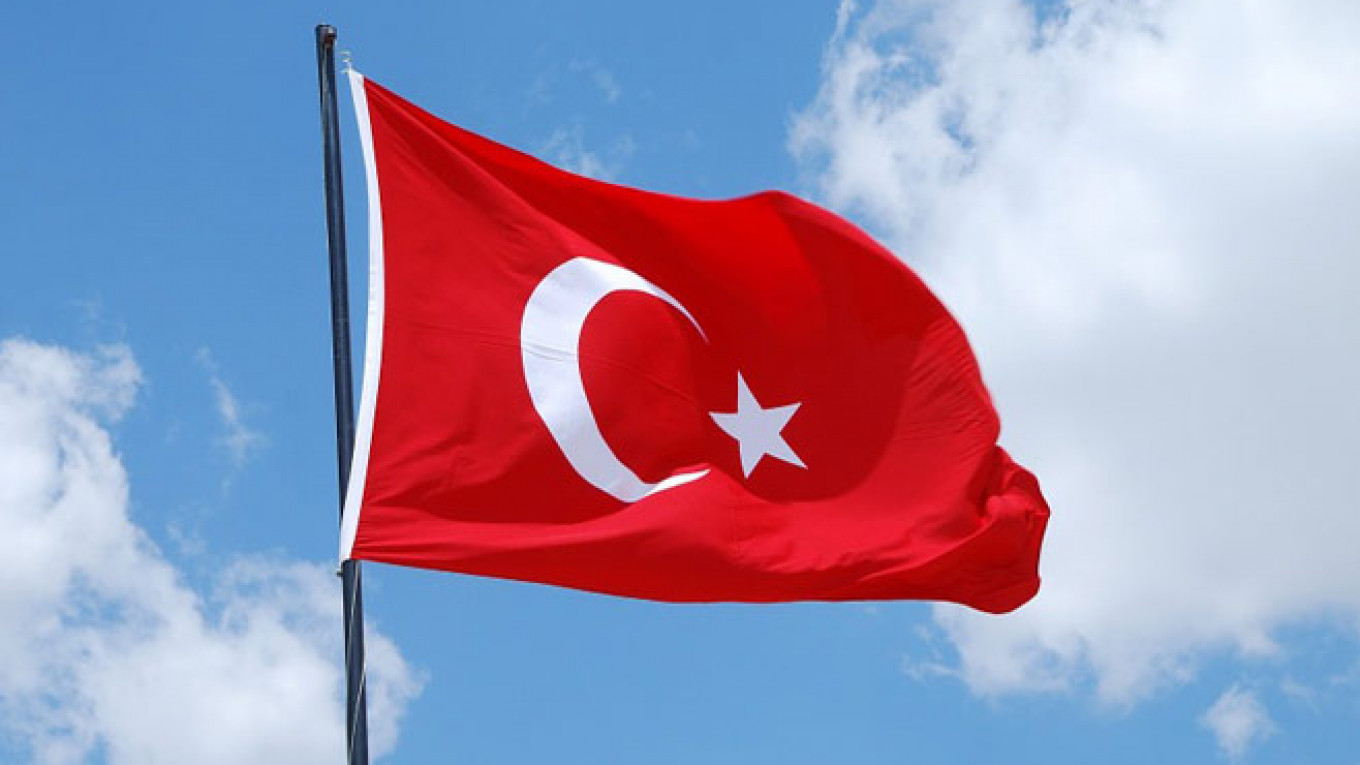Moscow is sanctioning Turkish goods and holidays, something that will have a distinct impact on an economy which earns $6.5 billion a year from Russian tourists, but is this enough to assuage President Vladimir Putin's evident fury at the shooting down of one of his bombers? And if it is not, what else can he do short of direct — and hopefully unthinkable ?€” military action against a NATO member with an army not that much smaller that Russia's? The temptation may be, to strike from the shadows.
Turkey and Russia have, after all, a long and bloody history not just of outright war, but of border, indirect, covert and political struggles. From proxy wars in the Caucasus khanates and Ukraine in the 17th century, through to political tussles over Poland in the 18th, and cultural-religious ones in the Balkans which lasted through into the 20th, these are two countries with a long tradition of underhand conflict.
Today, Moscow's capacities to blend political, intelligence, information and even criminal assets into multi-vectored campaigns is greater than ever. For a president eager to extract a pound of flesh, this may seem a tempting option.
For a start, Turkey ?€” ever volatile ?€” is going through a particularly violent and turbulent time. This year has seem presumed Islamic State bomb attacks, others against Kurdish rallies, and a spate of other killings including last week's which saw a prominent Kurdish human rights lawyer killed. Against this backdrop, Russian agents and hirelings might be able to launch attacks of their own (and how many more would it take to ensure other tourists, for example, stay away, further hitting the economy?) without it obviously being a Muscovite maneuver.
Indeed, part of the value of such incidents might also be to provoke further violence between Turkish factions themselves. Stirring up trouble between Kurds, ultra-leftist terrorists like the DHKC/P, criminals, and a government also prone to sanctioned and unsanctioned violence and then sitting back to enjoy the show might suit the Kremlin well.
The presence of an organized and active Kurdish movement is also a potential asset. With the Kurds having in effect established a state for themselves in Iraq, and being one of the more effective militias in Syria (much to Ankara's chagrin), renewed pressures for their independence or autonomy within Turkey is inevitable. In this case, the Russians ?€” who have supported the Kurds in the past when it was expedient ?€” could be useful friends to them. This could just mean political support in international fora, but could also involve funding or even arming the more radical groups.
Given that Turkish President Recep Erdogan is engaged in an ambitious effort to re-establish Turkey as a regional power, one could also see Russia responding by more aggressively countering this. From Azerbaijan to Turkish-controlled Northern Cyprus (whose president is increasingly at odds with Ankara), through to Israel (an important trading partner, despite the obvious personal antagonism between Erdogan and Israeli Prime Minister Benjamin Netanyahu), there is a wealth of areas in which to introduce problems, from a judicious smear or leak here, to an outright assassination or staged provocation there.
And yet Putin should think thrice before striking once. The chances of his strategy becoming clear in the end are great and this would anger Ankara and worry the West. Besides, Turkey is no soft target, Erdogan doubly so. The irony is that Turkey is in many ways similar to Russia, from its revisionist plans and the aggressiveness of its intelligence agencies, to the character of its ambitious autocrat-presidents. It may lack the excitement of a war in the shadows, but ultimately Putin would be best served sticking to the humdrum world of the boycott and the diplomatic rebuke.
Mark Galeotti is professor of global affairs at New York University.
A Message from The Moscow Times:
Dear readers,
We are facing unprecedented challenges. Russia's Prosecutor General's Office has designated The Moscow Times as an "undesirable" organization, criminalizing our work and putting our staff at risk of prosecution. This follows our earlier unjust labeling as a "foreign agent."
These actions are direct attempts to silence independent journalism in Russia. The authorities claim our work "discredits the decisions of the Russian leadership." We see things differently: we strive to provide accurate, unbiased reporting on Russia.
We, the journalists of The Moscow Times, refuse to be silenced. But to continue our work, we need your help.
Your support, no matter how small, makes a world of difference. If you can, please support us monthly starting from just $2. It's quick to set up, and every contribution makes a significant impact.
By supporting The Moscow Times, you're defending open, independent journalism in the face of repression. Thank you for standing with us.
Remind me later.


